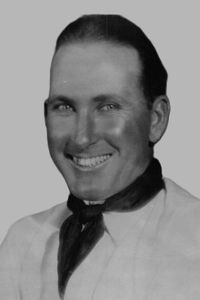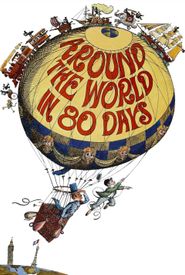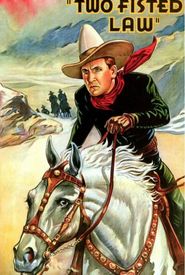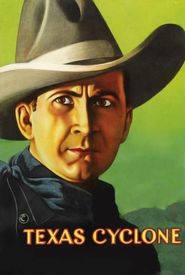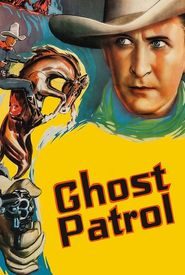William McCoy, one of the most renowned stars of early American Westerns, was born in Saginaw, Michigan, to an Irish soldier who later became the police chief of the city. He was the son of a family with a rich history, and his father's influence had a profound impact on his life.
McCoy's early years were marked by a strong sense of adventure and a desire to explore the world. He attended St. Ignatius College in Chicago, where he was introduced to the world of rodeos and developed a keen knowledge of horse riding and roping.
After leaving school, McCoy worked on a Wyoming ranch, where he honed his skills as a horseman and developed a deep understanding of the Native American tribes in the area. He became an expert in the ways and languages of the Indian tribes, which would later serve him well in his acting career.
During World War I, McCoy enlisted in the U.S. Army and rose to the rank of lieutenant colonel. After the war, he returned to his ranch in Wyoming, but was soon called back to serve as Adjutant General of Wyoming, a position he held until 1921.
McCoy's reputation as a friend to the Native American tribes preceded him, and in 1922, he was approached by Jesse L. Lasky, the head of Famous Players-Lasky, to provide Indian extras for the Western extravaganza, The Covered Wagon. McCoy resigned from his state position and recruited several hundred Indians to the Utah movie location.
After touring the U.S. and Europe with the Indians as publicity, McCoy returned to Hollywood and used his connections to obtain further work in the movies, both as a technical advisor and eventually as an actor. He was signed to a contract with MGM and rapidly rose to stardom, making scores of Westerns and occasional non-Westerns.
In 1935, McCoy left Hollywood to tour with the Ringling Brothers Circus and then with his own Wild West show. His 1938 Wild West Show cost over $300,000 to mount and closed in bankruptcy in just 28 days. He returned to films in 1940, in a series starring him with Buck Jones and Raymond Hatton, but World War II and Jones's death in 1942 ended the project.
McCoy returned to the Army for the war and served with the Army Air Corps in Europe, winning several decorations and a promotion to full Colonel. He retired from the army and from films after the war, but emerged in the late 1940s for a few more films and some television work.
In 1942, McCoy ran for the Republican Nomination for the U.S. Senate in Wyoming, but was defeated. He returned to Hollywood and an uncertain future. In 1946, he sold his Wyoming ranch and moved to Bucks County, Pennsylvania, where he lived the life of a gentleman farmer.
While living in Pennsylvania, McCoy met and married Danish writer Inga Arvad. He later built a home in Nogales, Arizona, where Inga subsequently died in 1973. He spent his later years as a retired rancher, living in Arizona until his death on January 29, 1978, at the age of 86.
